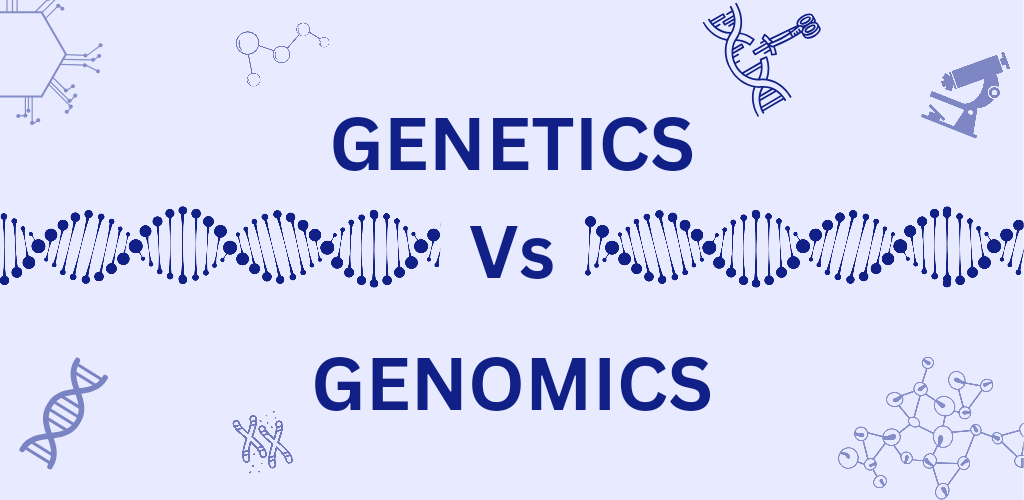The treadmill doesn’t know your genetics. Neither do your dumbbells, your smartwatch, or your personal trainer. Yet every time you hit the gym, you’re testing your biology in real-time—without knowing how it’s wired to respond. That’s where DNA-based fitness plans come in, replacing guesswork with precision by anchoring your workout strategy to the one thing that never lies: your genetic code.
The Genetic Core of Performance
Physical activity and athletic performance aren’t solely built in the gym or on the track. They are complex phenotypes shaped by both environmental inputs and genetic architecture. A recent wave of lifestyle and behavioral genomics has uncovered dozens of DNA polymorphisms that influence everything from baseline physical activity levels to how the body adapts to different types of exercise (1). As of September 2023, researchers have identified 149 genetic variants associated with physical activity traits—42 of which reach genome-wide significance. Additionally, 253 variants have been linked to specific aspects of athlete status, including endurance, power, and strength (1).
This is no longer a fringe concept—it’s a blueprint for a revolution in fitness science.
Genetic Testing for the Athlete in You
The idea that certain genetic profiles contribute to elite athleticism is well-established. But it’s not about turning you into a world-class sprinter just because your DNA carries a favorable allele. What it does mean is that your body has unique potential and limitations hardcoded into your genome, and understanding them can lead to better training outcomes (2).
Commercial genetic testing has entered this arena with force. By analyzing known polymorphisms linked to strength, endurance, and injury risk, DNA tests now offer real insights into your athletic predisposition. Whether you’re aiming to become an elite endurance performer or simply avoid overtraining, these insights aren’t gimmicks—they’re markers of your trainability (2).
Precision Exercise: When Medicine Meets Movement
Precision medicine isn’t just about drugs and diagnostics anymore—it includes exercise as a therapeutic intervention. Individual responses to training vary widely. Some gain muscle mass easily; others fight for every inch. Some recover in a day; others take a week. This variability is driven not just by lifestyle but also by genomics. Personalized exercise prescriptions are now seen as critical tools for preventing and managing chronic diseases like metabolic syndrome, where exercise response is a key determinant of outcomes (3).
In this context, DNA-guided fitness plans don’t just enhance performance—they become part of a broader health strategy, fine-tuning exercise to reduce injury, improve adherence, and align with your body’s innate tendencies (3).
The Rise of the Sports Genetic Passport
Beyond individual tests lies the emerging concept of the sports genetic passport. This involves the compilation of genetic markers that influence strength, speed, power, and endurance into a single, personalized profile. Think of it as your biological résumé for physical capability. A recent review has assembled a panel of 40 of the most scientifically supported SNPs associated with key athletic traits. These markers, based on the functional roles of their gene products, offer compelling evidence for use in sports medicine and performance optimization (4).
Such passports aren’t just theoretical—they’re already guiding physical culture and elite training regimens by offering reliable molecular insights into what the body is inherently capable of (4).
Not a Crystal Ball—But a Compass
Here’s the truth: DNA is not destiny. But it is a powerful directional signal. Knowing your genetic strengths and vulnerabilities won’t guarantee a podium finish, but it will make sure you’re training in the most effective way for your biology. It’s not about shortcuts—it’s about alignment. If your genes indicate a stronger adaptation to power training, that’s where your time is best spent. If you’re genetically prone to injury under repetitive load, the plan adjusts accordingly.
The idea is simple: let your genome inform your journey.
Conclusion
Your DNA is not a fixed script—it’s an instruction manual waiting to be read. With 149 physical activity-linked variants and over 250 athletic performance markers now identified (1), the time for guessing is over. Precision fitness isn’t the future—it’s already here. And it starts with understanding you.
Personalized fitness DNA testing allows us to move beyond trend-based training into evidence-based optimization. It’s not just smarter. It’s yours.
References:
- Ahmetov, I. I., John, G., Semenova, E. A., & Hall, E. C. (2024). Genomic predictors of physical activity and athletic performance. Advances in Genetics, 311–408. https://doi.org/10.1016/bs.adgen.2024.01.001
- Naureen, Z., Perrone, M., Paolacci, S., Maltese, P. E., Dhuli, K., Kurti, D., Dautaj, A., Miotto, R., Casadei, A., Fioretti, B., Beccari, T., Romeo, F., & Bertelli, M. (2020). Genetic test for the personalization of sport training. Acta Bio-medica Dell’Ateneo Parmense/Acta Biomedica, 91(13-S), e2020012. https://doi.org/10.23750/abm.v91i13-s.10593
- Ruiz, J. R., Sevilla‐Lorente, R., & Amaro‐Gahete, F. J. (2023). Time for precision exercise prescription: the same timing may not fit all. The Journal of Physiology. https://doi.org/10.1113/jp285958
- Altynova, N., Kassymbekova, A., Kereyev, T., Musralina, L., Tokmurzina, S., Lebedeva, L., & Djansugurova, L. (2024). Genetic markers of sports performance, interpretation of individual genotypes in the athlete’s genetic passport. International Journal of Biology and Chemistry, 17(2), 53–73. https://doi.org/10.26577/ijbch2024v17.i2.6




